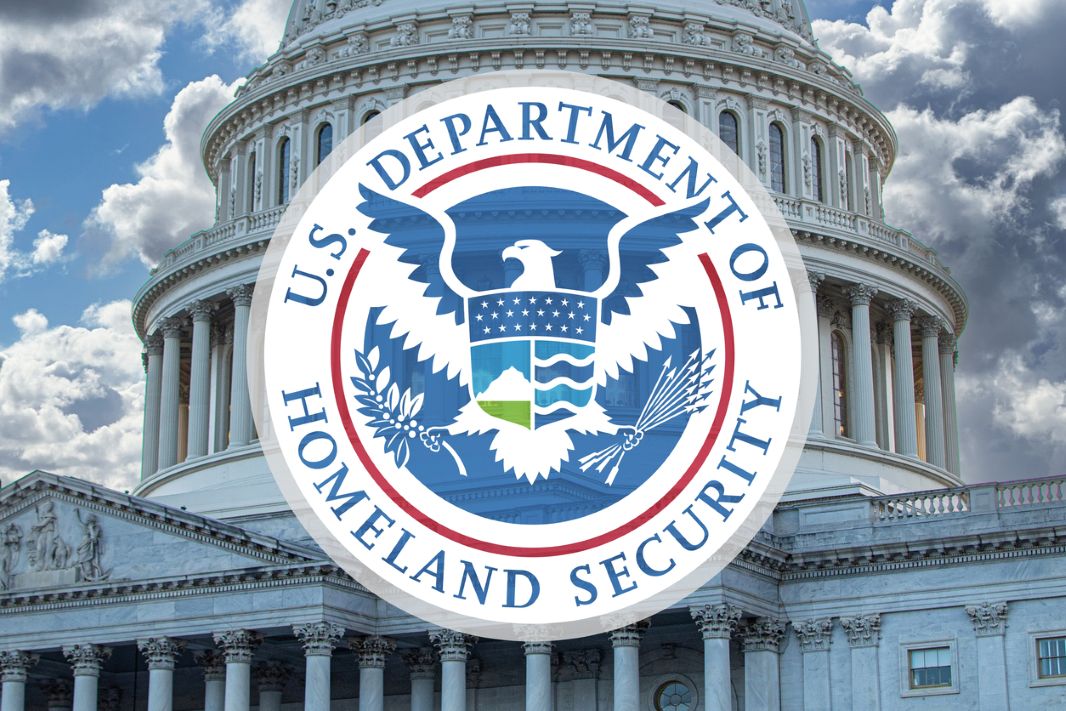Immigration Blog
May 15, 2025
DHS fires USCIS employees: How does it affect your case?

On February 14, 2025, the Department of Homeland Security (DHS) dismissed nearly 50 employees from U.S. Citizenship and Immigration Services (USCIS), classifying them as “non-mission critical personnel in probationary status.” USCIS is responsible for reviewing requests related to immigration benefits, and last year, it processed a record 10.9 million applications. While the agency has struggled with backlogs in recent years, it made significant progress in reducing them under the Biden administration.
Despite these improvements, USCIS is still facing significant pressure due to its workload. The agency is primarily funded by fees, which make up about 96% of its budget, but it also faces a growing humanitarian caseload that isn’t fully covered by these fees. In 2023, the number of pending asylum cases exceeded one million for the first time, and requests for Temporary Protected Status (TPS) also increased. The recent layoffs, along with possible future cuts as part of the Trump administration’s ongoing push for workforce reductions, could slow progress on the agency’s backlog and may even lead to setbacks.
In fiscal year 2023, the DHS Office of Inspector General reported that USCIS has had trouble securing enough staff and additional federal funding to manage this increased workload. To address processing delays, the agency raised its fees in January 2024, including adding an asylum program fee to employment-based applications.
Congress is currently working to extend federal government funding beyond March 14, when the current funding agreement expires. This agreement has mostly kept funding levels the same for the past year and a half. While it appears that Congress may pass a similar agreement to fund the government for the remainder of the current fiscal year, which ends on September 30, 2025, the White House has requested an additional $485 million for Immigration and Customs Enforcement (ICE). This extra funding would be used for additional detention beds and transportation and removal costs. The request could benefit private prison companies, as nearly 90% of individuals in ICE custody are held in privately-run facilities.
How can this affect your case?
Given USCIS’s reliance on fees and the recent fee hikes, the layoffs don’t support the Trump administration’s claim that reducing the federal workforce will cut “wasteful spending.” Instead, with fewer staff members, USCIS will likely struggle to keep up with its workload, resulting in even longer wait times for applicants.
As key federal agencies responsible for processing immigration benefits—USCIS, DOS, and EOIR—face staff reductions, the Trump administration continues to push for significant increases in immigration enforcement funding. With fewer employees handling an already overwhelming number of applications and cases, noncitizens traveling to the U.S. or seeking to legalize their status will face longer wait times for immigration benefits, visa appointments, and court hearings.
These policies will ultimately result in more hardship, delays, and uncertainty for individuals trying to navigate the U.S. immigration system, while simultaneously expanding the federal government’s enforcement infrastructure.
Attorney Diana Bailey has over 20 years of experience in the immigration field. Call for a free consultation, Monday through Friday from 9am to 6pm.
